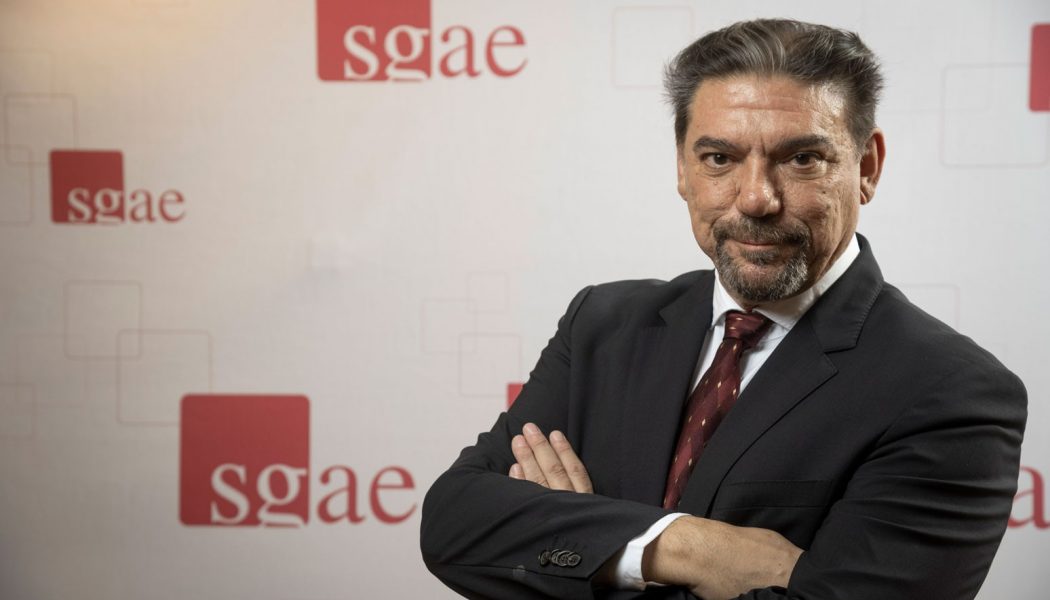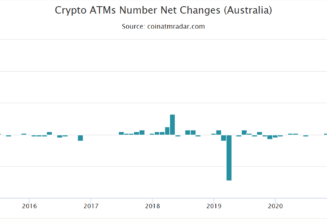
Paris-based CISAC temporarily expelled the Spanish society in May 2019 after finding it had violated the international confederation’s rules, which included discriminatory treatment of rights holders and irregularities in its distribution of royalties. CISAC set out a list of 17 reforms it required SGAE to implement to comply with CISAC’s rules.
“CISAC has worked for over three years to monitor, support and evaluate SGAE’s transformation into a society that is compliant with international standards,” CISAC director-general Gadi Oron and board chairman Marcelo Castello Branco said in a joint statement. “This has been a complex task of utmost importance both to CISAC members, who depend on the integrity of the collective management system internationally, and to Spanish creators and rights holders who deserve a well-functioning and reliable society.”
The most serious issue centered on SGAE’s role in a royalty scam known as La Rueda (“the wheel”), in which members — who were also broadcasters — played songs they owned rights to on late-night Spanish television, sometimes as low-level background music. In 2017, Madrid police arrested 18 people at SGAE’s headquarters for their suspected involvement. Police documents revealed that a number of SGAE members also had falsely claimed ownership of public-domain classical compositions by Mozart, Vivaldi and other composers, which they registered in their own names — as well as those of their parents, children and pets.
The Spanish government blocked the distribution of more than 2.5 million euros (over $2.8 million) in royalty advances by SGAE over concerns about its operations, and the Spanish Supreme Court ordered the society to pay a 3.1 million euro ($3.7 million) fine in connection with abusive practices around the collection of royalties from live concerts.
In its statement Wednesday, CISAC, which represents more than 230 authors’ societies in 121 countries, said the Spanish organization had changed the weights it applied to different categories of music and separated its music and audiovisual pools. SGAE also applied a maximum 20% cap on royalties it pays for music that it is broadcast late at night.
CISAC also noted that SGAE had shown it had ended “discriminatory practices” in the election of its board and supervisory board members which had created conflicts of interest. The practices had excluded certain categories of rights holders, including major publishers, from joining the SGAE board.
Publishing companies Warner/Chappell, peermusic and EMI Songs had threatened to pull their catalogs from SGAE after they were all ejected from its board of directors for surpassing term limits, a decision the publishers contested.
In the wake of the organization’s expulsion from CISAC, numerous artists said they were defecting from SGAE to join new private rights management companies that have been begun to break SGAE’s monopoly in Spain.
Meanwhile, the leadership at SGAE has been a merry go-round in recent years. Last April, the board dismissed Pilar Jurado, the soprano opera singer who had taken over as president in March of 2019, with a vote of no confidence, replacing her with Antonio Onetti, a playwright and screenwriter. New elections took place in October, when major publishers returned to the board and the board voted unanimously to award Onetti a new four-year term. Adrián Restrepo, a systems engineer, is the current CEO.
“In this period of institutional reform, CISAC has shown us its full support to adapt us to international norms and standards of collective management,” Onetti said in a statement Wednesday.
SGAE has 131,000 members and a repertoire of more than 80 million works. In 2018, the last year before the society’s expulsion, Spain’s music collections were 227 million euros ($259 million) out of CISAC’s global total of 8.49 billion euros ($9.68 billion), or 2.7%. Spain was ranked ninth in the world in music collections that year. SGAE collected 290 million euros ($325 million) in 2019.










